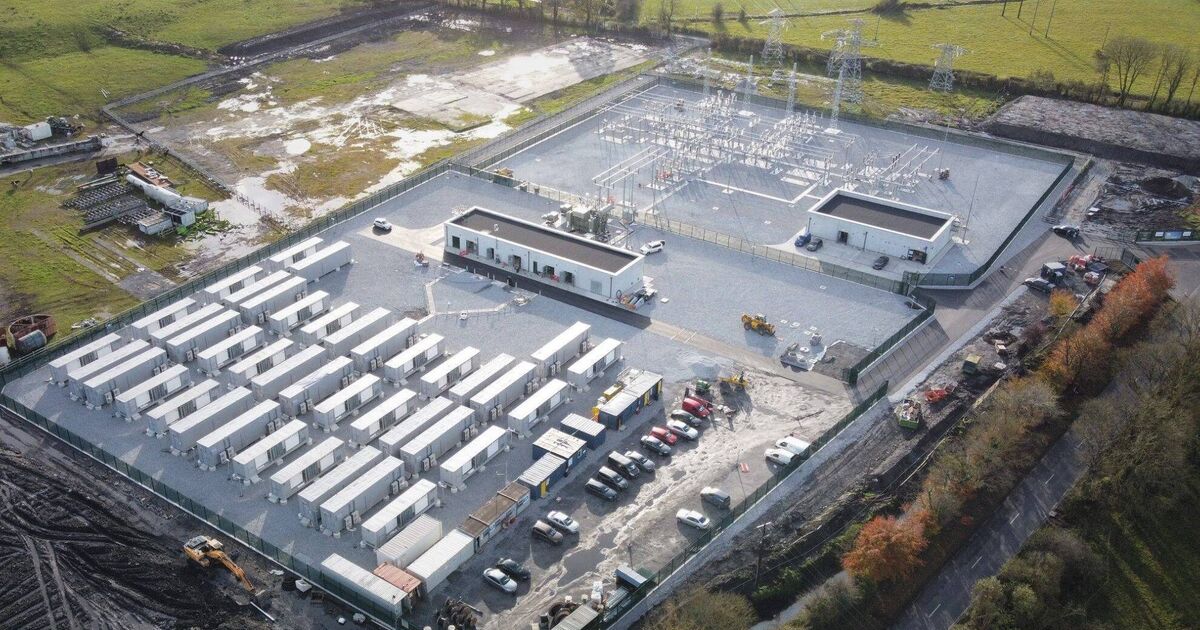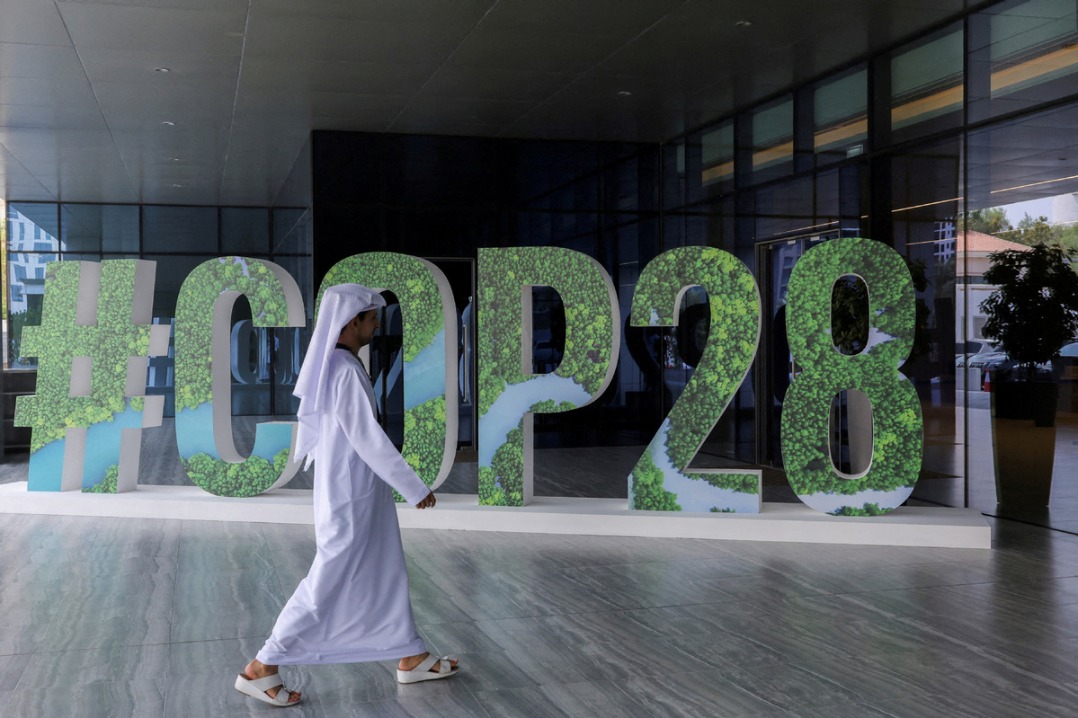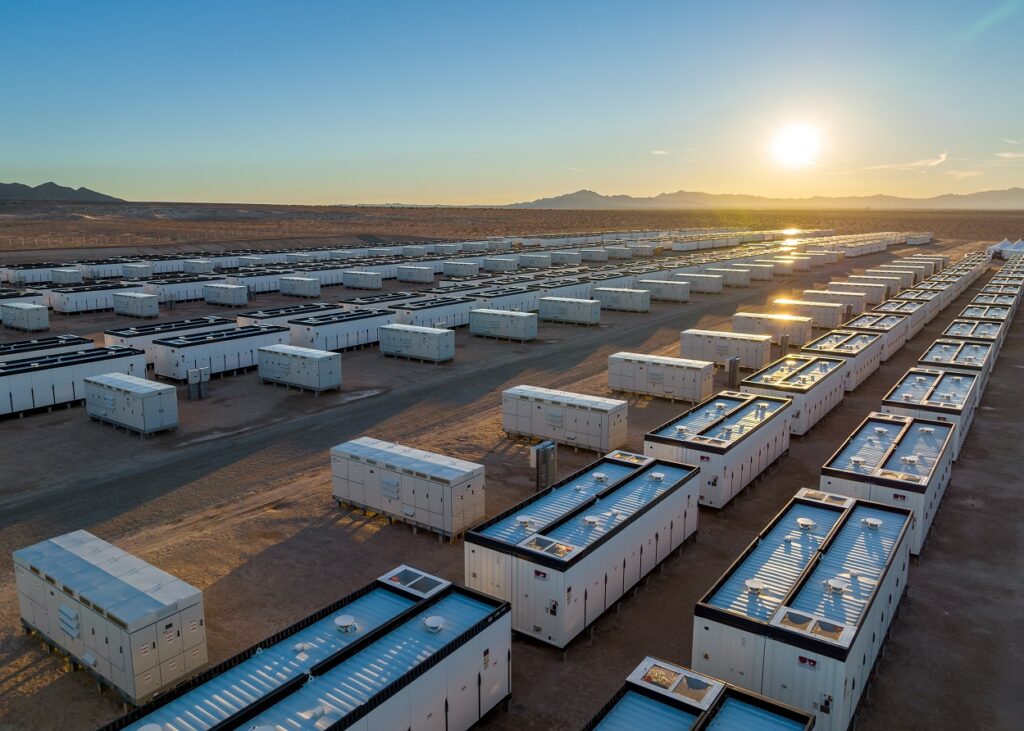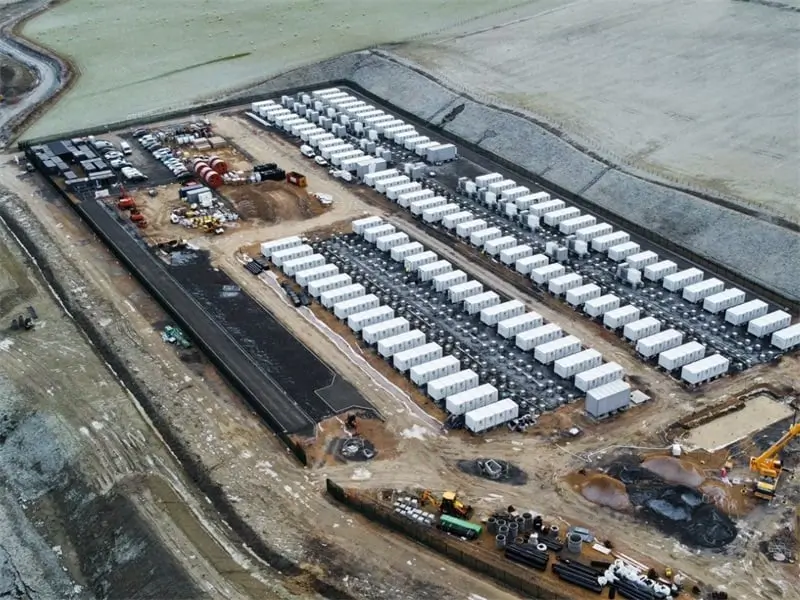Growing Demand for Battery Energy Storage
Battery energy storage systems (BESS) are crucial to Ireland’s renewable energy sector. The demand for these systems has reached unprecedented levels. By the end of 2023, Ireland had over 700 megawatts (MW) of active battery storage, with another 500 MW contracted for the next five years. These systems store power generated from renewable sources like wind turbines and solar panels, releasing it to the grid to meet demand and ensure energy stability.
Benefits and Challenges
BESS technology offers unique advantages, such as reducing reliance on fossil fuels, lowering consumer costs, and providing flexible energy capacity to prevent blackouts. Ireland’s status as a hub for Big Tech companies, with their energy-intensive data centers, adds pressure on the grid, making BESS even more vital. Currently, Ireland has over 80 data centers, prompting a moratorium to limit further growth.
Friends of the Earth Ireland’s CEO warned that data centers could consume 30% of the country’s energy supply in the future. Despite this, significant progress has been made in expanding BESS to meet growing demand. Around 15 BESS systems are already connected to the grid, with major industry players developing additional facilities.
Industry Leaders and Innovations
Lumcloon Energy is a central player in Ireland’s battery storage market. In 2022, the company accounted for nearly 45% of the country’s BESS, according to Statista. Lumcloon has deployed 200MW of fast-acting BESS, which has supported the power system since 2021. The company is constructing a grid stabilization project in Shannonbridge, combining battery energy storage with a synchronous condenser, capable of providing 160 megawatt-hours (MWh) of storage.
Lumcloon Energy’s new facility will operate next year, instantly compensating for frequency fluctuations and storing electricity during low demand to release during peak periods. The company is also developing a thermodynamic long-duration energy storage system using a CO2 battery, collaborating with Energy Dome in Italy, with a €100 million investment.
Expanding Infrastructure and Future Prospects
State-owned electricity company ESB recently opened a major battery plant at its Poolbeg site in Dublin, adding 75MW of energy storage to enhance grid stability and increase renewable energy integration. This site is the largest commercial battery energy storage facility in Ireland and part of ESB’s €300 million investment pipeline for projects in Dublin and Cork. ESB Networks announced that Ireland’s electricity grid now has 1 gigawatt (GW) of connected energy storage, including 731.5MW of BESS projects and 292MW from the Turlough Hill pumped storage power station.
Energy Storage Ireland head Bobby Smith emphasized that energy storage is essential for a clean energy future, reducing fossil fuel use, lowering energy prices, and ensuring a stable electricity system. One gigawatt of energy storage can power approximately 450,000 homes for one hour during peak demand.
Addressing Challenges for Future Growth
Despite the promising developments, the BESS sector faces challenges that could hinder growth. Planning backlogs for wind and solar projects affect battery storage system expansion. Davy stockbrokers noted that Ireland needs to accelerate onshore generation growth, address planning and grid constraints, and enhance policies and incentives for solutions like battery storage to meet climate targets and attract investment.
In conclusion, battery energy storage systems are vital for Ireland’s renewable energy market. As the country continues to develop BESS infrastructure, it aims to improve grid stability, reduce fossil fuel dependence, and create jobs, supporting a sustainable energy future.
Source:irishexaminer.com





